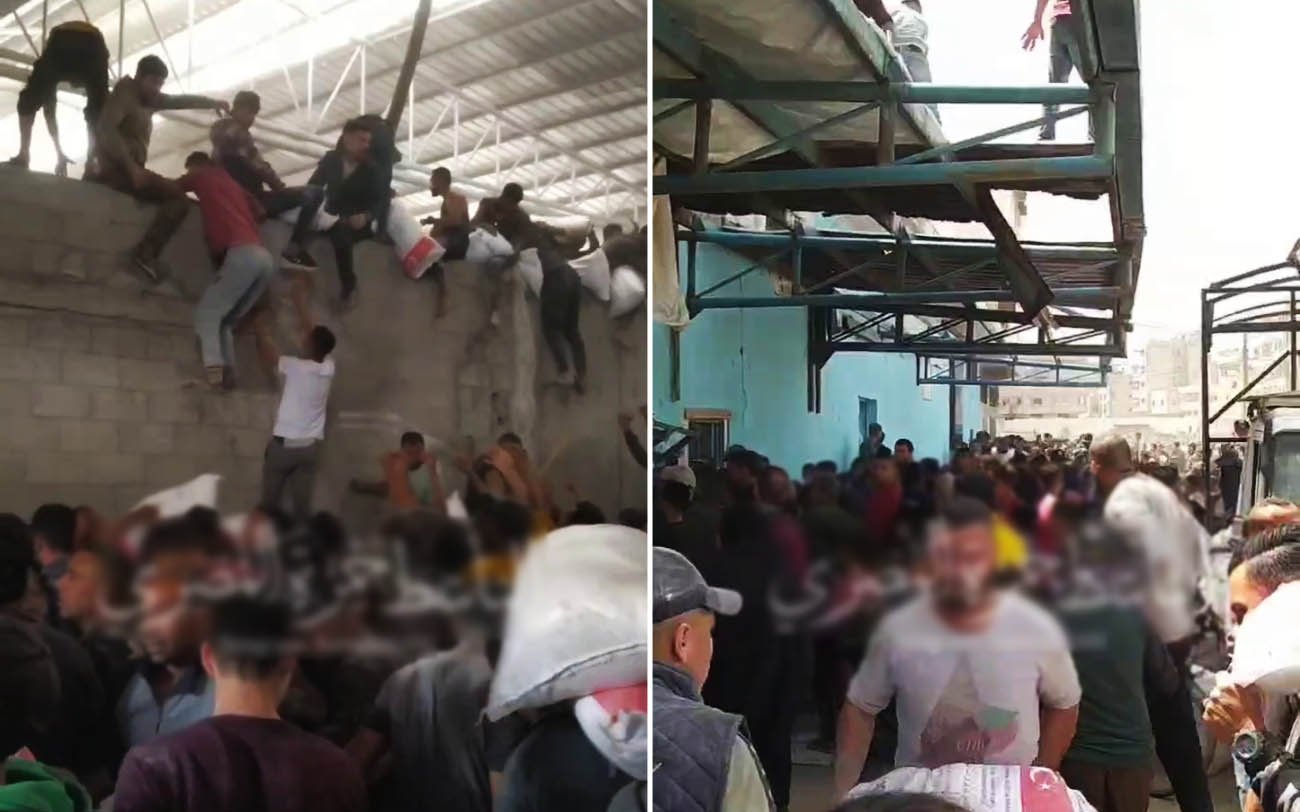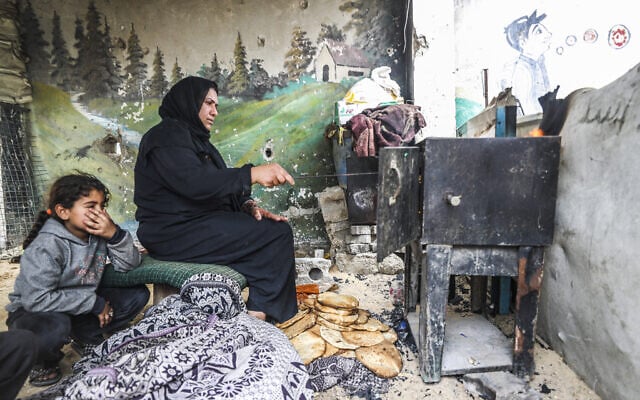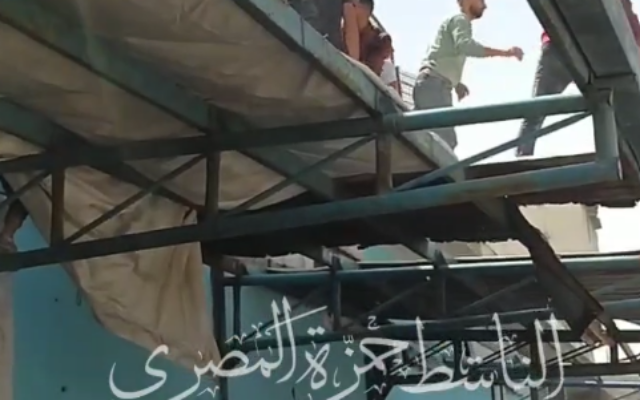



A clan in the Gaza Strip has publicly accused Hamas of killing one of its members, marking the second such accusation in Gaza in less than a week. The allegation, which included a demand for justice, is a rare event in Hamas’s 18-year rule over the Gaza Strip.
On Wednesday, an announcement from the Hassanein clan, based in Gaza City, was broadcast on the Saudi channel El-Shark, describing the alleged murder unfolding at a United Nations Relief and Works Agency (UNRWA) warehouse in the city.
“Our martyred son, Saadi Sakhr Hassanein, went to the UNRWA warehouse to collect a food parcel,” it began. “While he was there, a crowd gathered. This led to a violent reaction from the security forces at the scene, whose identities are known to us. According to information and eyewitness accounts, one of the security personnel present began shooting at those in the area.”
“This same individual shot the victim in the leg and then fired another shot directly at his lower chest area, intentionally targeting him. As a result, he immediately died as a martyr,” the statement charged.
“We hold no hostility toward any governmental or organizational entity in general,” the family said, referring to Hamas.
In a second statement, also allegedly by the clan, it demanded justice for the killer and appeared to threaten revenge if this was not forthcoming.
In recent days, there has been mounting evidence of a food shortage in Gaza, a month after Israel closed the crossings to the Gaza Strip and ceased allowing humanitarian aid to enter. On Tuesday, the World Food Programme announced that all 25 WFP-supported bakeries in Gaza had shut down due to a lack of fuel and flour. The bakeries were the only source of fresh bread in the Gaza Strip.
Hot meals continue to be served, but supplies are expected to last no more than two weeks, according to the WFP. In an earlier post, WFP emphasized that hundreds of thousands of Palestinians were “again at risk of severe hunger and malnutrition as humanitarian food stocks in the Strip dwindle and borders remain closed. Urgent access is needed to get aid into Gaza.”
A Gaza resident told The Times of Israel that the price of a sack of flour, which cost around NIS 50 ($13.50) a few weeks ago, during the ceasefire, has now reached NIS 600 ($81) due to the severe shortage.
On Wednesday, footage was released on Palestinian social media showing chaos at an UNRWA warehouse in Gaza City — apparently the warehouse where Hassanein was killed — as dozens of residents entered and took bags of flour.
This suggested a loss of some control by Hamas, which during the war appears to have seized control of some UNRWA warehouses.
According to reports on social media, the chaos was fueled by the alleged Hamas killing of Hassanein at the warehouse. Hamas has not yet addressed the incident at the warehouse or the accusation by the Hassanein clan.
This is not the first time during the war that Hamas has been accused of violently seizing humanitarian aid — indeed, Israel has said that the practice is widespread — but it is rare for people in Gaza to publicly charge Hamas with such actions.
On Tuesday, a different Gaza clan executed an alleged Hamas operative who it said had killed one of their relatives.
These events may signal a breaking of the “fear barrier” among Gaza’s residents against Hamas, as also reflected in the protests against Hamas that resumed Wednesday in Beit Lahiya after a break of a few days. According to reports in Gaza, Hamas members beat protesters and later killed one of those who participated in the protests last week. However, Wednesday’s demonstration, where hundreds chanted “Hamas out,” indicates that this has not led to the complete suppression of protests.
Hours after the first message from the Hassanein clan, another stronger message was published on a popular Palestinian Telegram channel, allegedly from the clan. It stated that its family member was “unjustly and aggressively taken from us as a result of a treacherous crime committed by individuals affiliated with the Hamas movement. We hold these individuals fully responsible for his death.”
The clan added: “We affirm our commitment to customs, traditions and religious laws, and we will continue to pursue legal avenues to reclaim the rights of our late son,” hinting that if justice is not served by the authorities in Gaza, it would resort to bloodshed to avenge the murder, a common custom in Palestinian society, especially in Gaza.
Hamas has managed to avoid being targeted by families over the years, even after killing Gaza citizens, due to strong ties with the large clans in Gaza and the general fear among citizens of the consequences of opposing Hamas operatives. This situation may now be changing.


